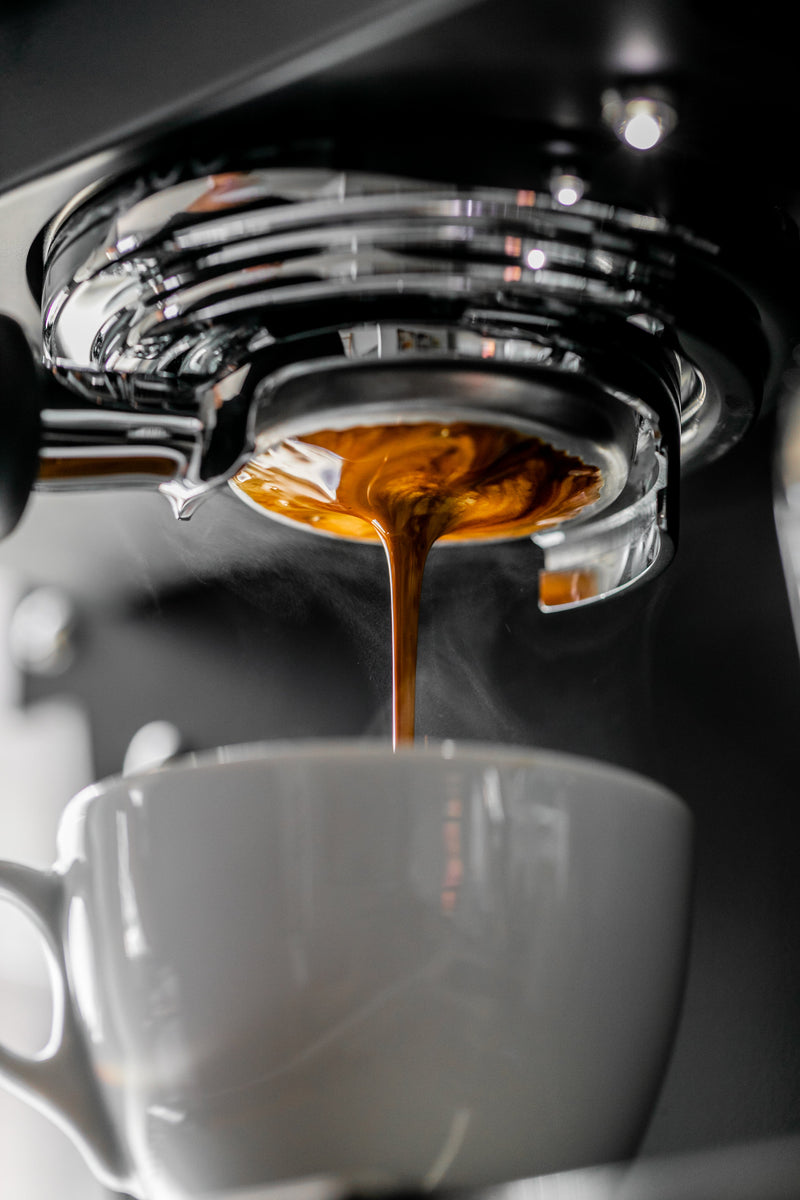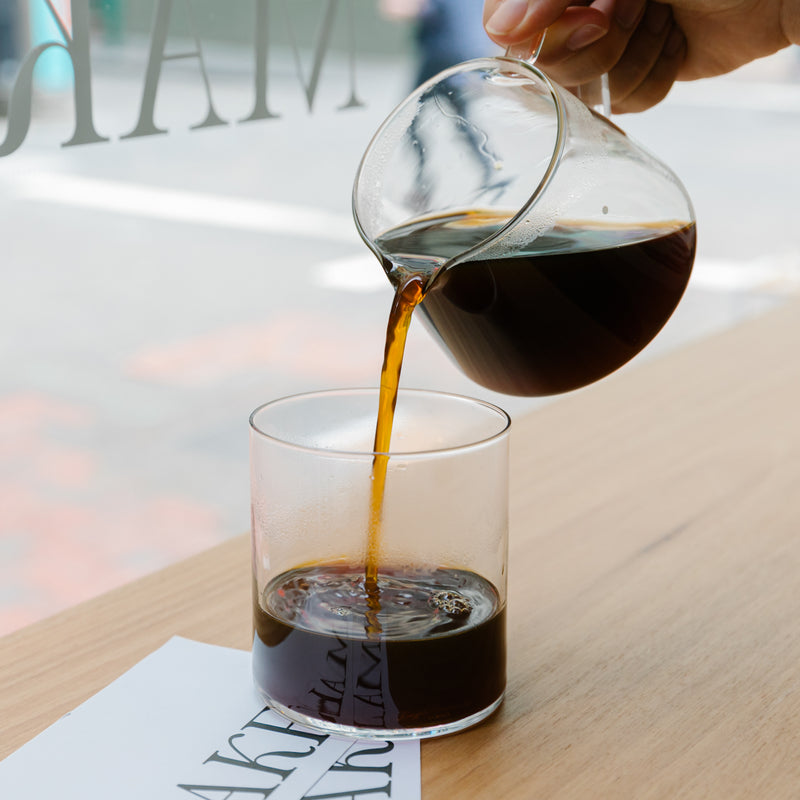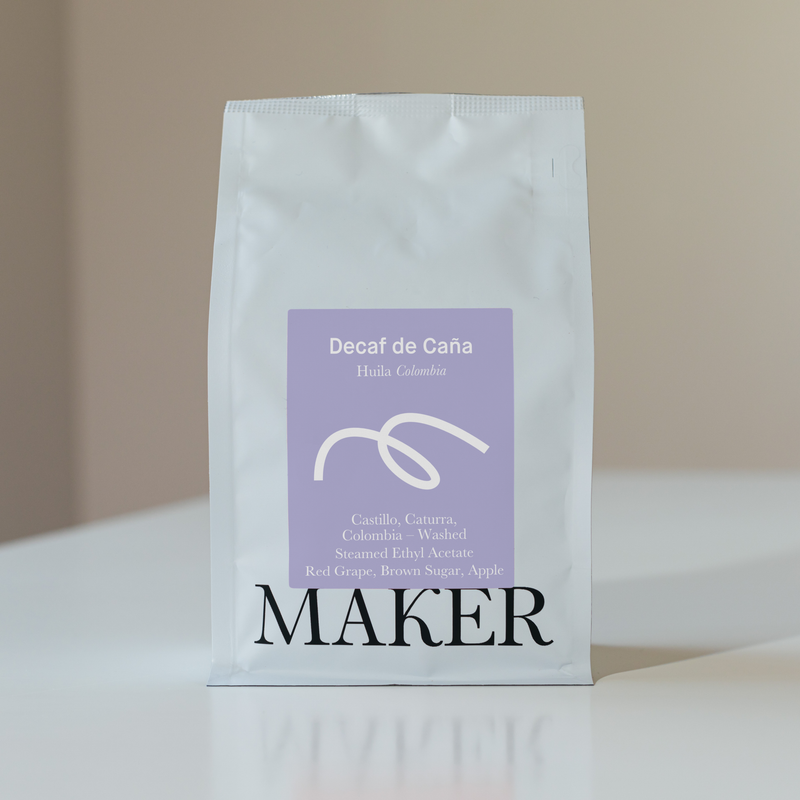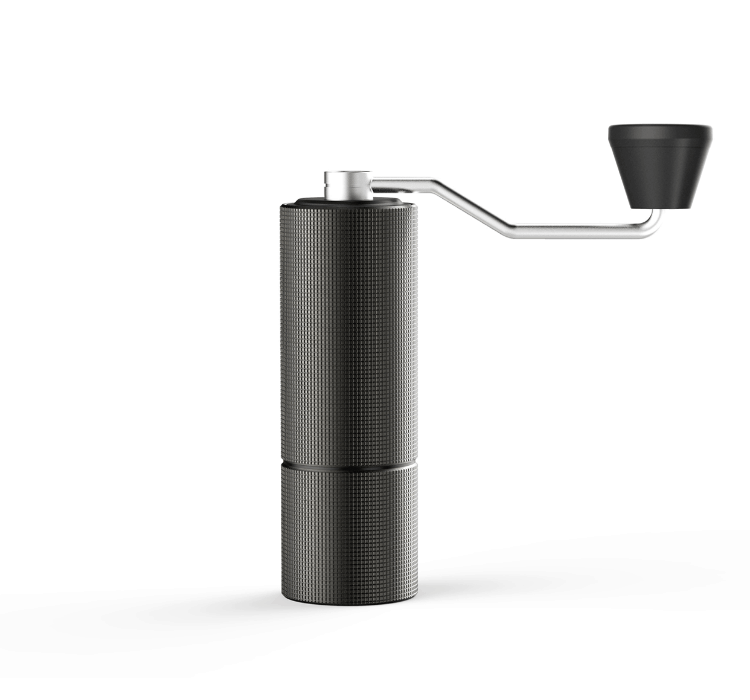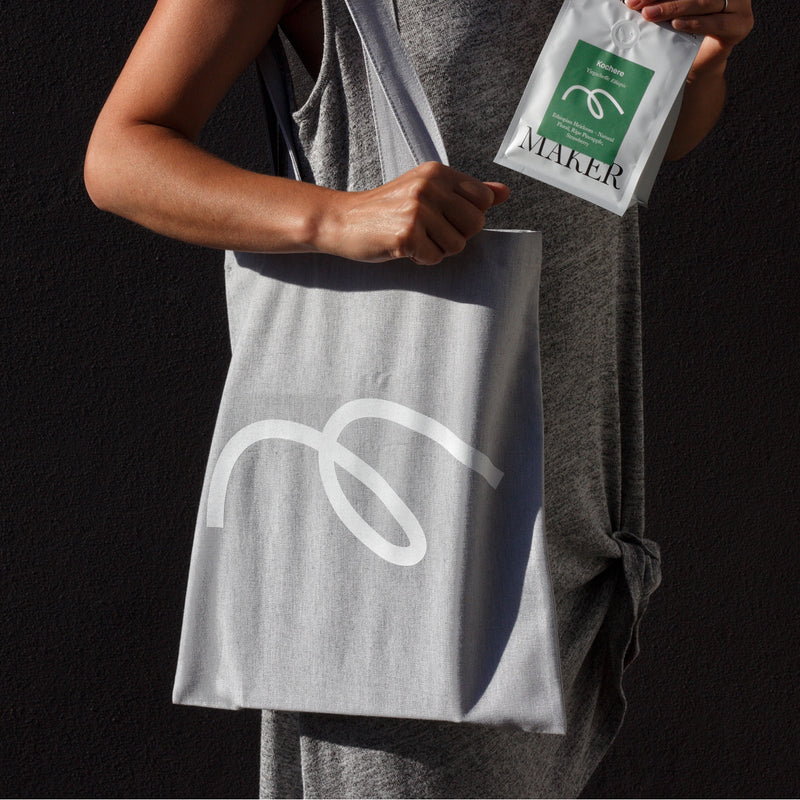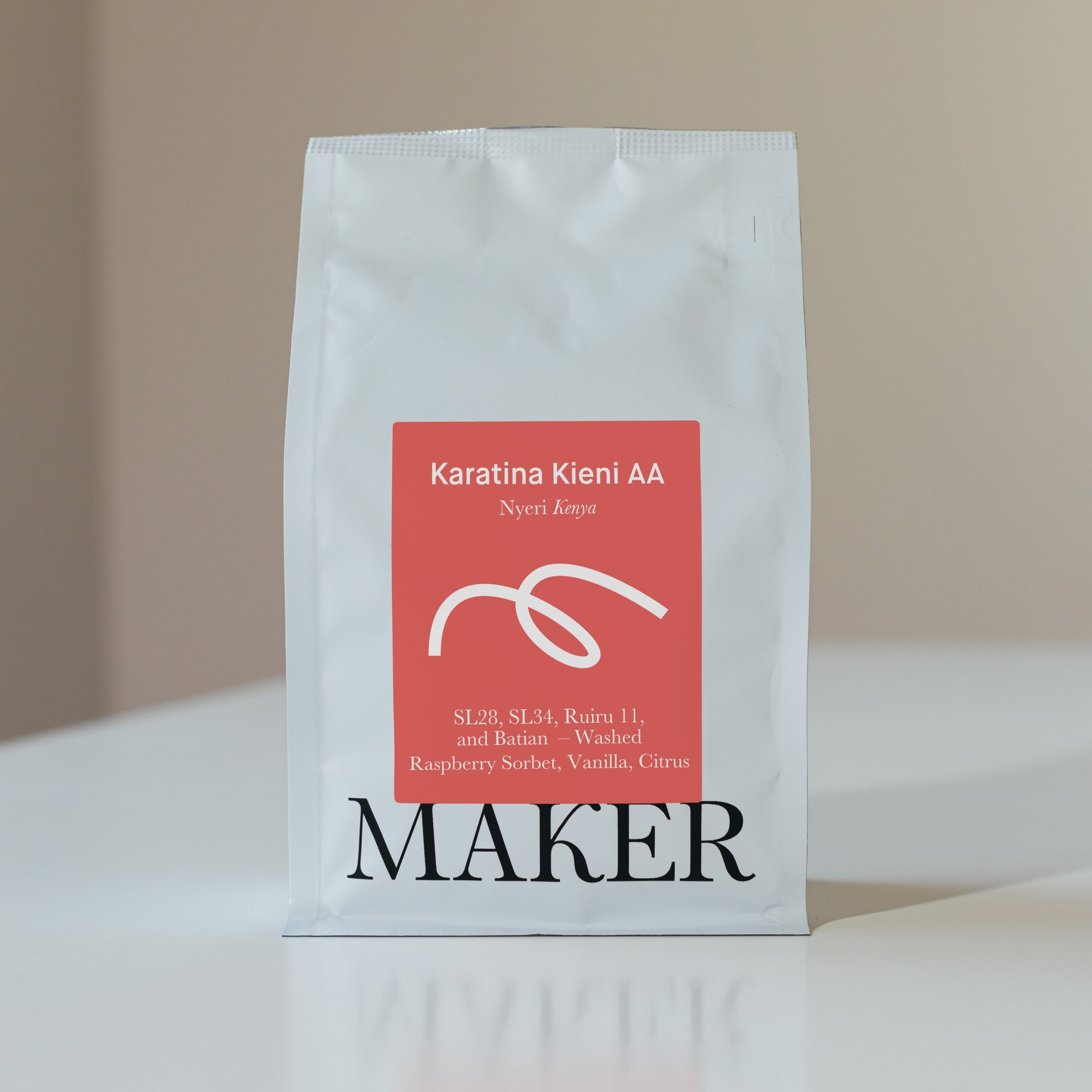We're launching straight into Kenya season this year at Maker by bringing to you the beautiful Karatina Kieni AA. The farmers from Karatina in the Nyeri region cultivate around 200 coffee plants each and deliver their harvested cherry to the local washing station, Kieni Factory.

Kieni Factory sits a few kilometers outside the town of Karatina in the Nyeri County. The factory is managed by Mugaga Farmers’ Cooperative Society and today receives cherry from around 1,000 members. Mugaga manages 5 washing stations, including Kagumoini, Kieni, Kiamabara, Gathugu and Gatina, and has over 4,800 member farmers. In addition to managing washing stations that help their members garner high prices for their coffee, Mugaga works to alleviate a number of barriers to success that can be challenging for local farmers.

Many members have low yields due to a combination of a lack of inputs, older rootstock and attacks from pests and disease. Mugaga provides resources to help member farmers improve yields. They also have programs that focus on increasing participation among young people and women in coffee. As is evident from their published numbers that tell the story of success in the goals they set out to achieve. One third of their members are women which is especially impressive when compared to many other cooperative gender ratios.
The varieties grown in Karatina are predominantly SL28 and SL34 with smaller portions of Batian and Ruiru 11. One of the varieties contained in this lot is named Ruiru 11. This is a hybrid of Catimor and SL cultivars and is both Coffee Berry Disease and Coffee Leaf Rust resistant. The benefits of growing this variety in Kenya are plentiful as it can be planted at a much higher density than the SL varieties, making optimal use of small plots of land. Ruiru 11 has gained popularity across most of Kenya’s coffee growing landscape in the last 5-10 years. Over time, farmers have found that by grafting Ruiru-11 to SL varieties they could take advantage of SL trees’ expansive root system and still reap the increased yields and higher immunity to disease of Ruiru-11.

Once the cherry is received at Kieni, they hand sort the intake and any damaged, overripe or underripe cherry is removed before pulping. Fermentation is between 16 to 24 hours before being washed through grading channels with clean water to remove any remaining mucilage. The wet parchment is soaked for a further 24 hours before it is moved to raised drying beds, where it is turned regularly to ensure an even result. Our thanks goes out to the team at Sucafina for handling the logistics in bringing this stunning coffee to our shores.

The lots produced in this region are renowned for their exceptional cup quality and the purity of fruit in this AA lot we absolutely love. As this lot marks our first of a few very special Kenya releases this year, we’re thrilled to share it with you in all Maker cafes and it will also be available on our website, so you can taste how truly vibrant and delicious these very well farmed coffees can be from Kenya.

This beautiful Kenyan coffee is available now for purchase on the Maker Website or you can visit us in store at any of the Maker Cafes to pick up a 250g bag for your home or office.
